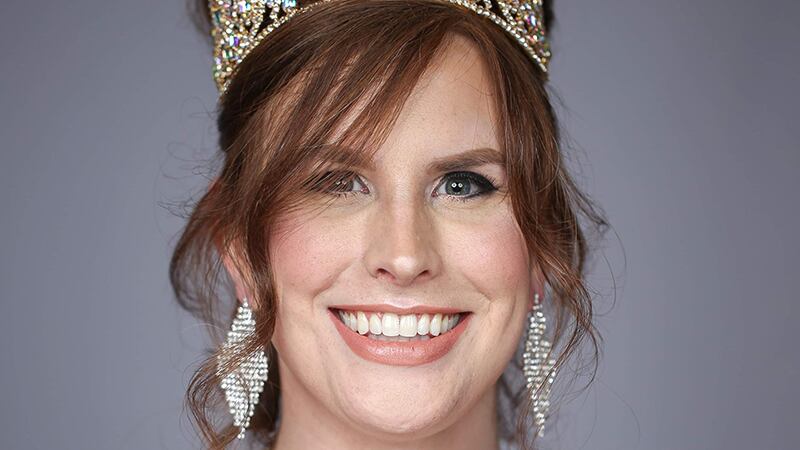The Miss United States of America pageant isn't breaking any laws by excluding transgender women from its beauty pageants, a federal judge in Portland ruled on Thursday.
Anita Noelle Green, the 2019 Miss Elite Earth Oregon and the third transgender woman to compete in the Miss Universe organization, for the title of Miss Montana USA, sued Miss United States of America in 2019, after the pageant barred her Miss Oregon entry based on its policy of only allowing "natural born females" to compete. WW first reported on her lawsuit in 2019.
U.S. District Judge Michael Mosman ruled today that the pageant had shown it was an "expressive" organization that seeks to promote a specific message, rather than one devoted to making money. That distinction means Miss United States of America can exclude people if their participation wouldn't be congruent with that message, Mosman ruled.
And that means Miss United States of America can insist on its own definition of "natural born female," Mosman added.
"Defendants assert both by action and by policy a particular definition of 'natural born female.' The most plaintiffs can raise, according to what they have submitted to me, is that plaintiff meets her own or a different definition of natural born female. But there is no evidence that she can meet defendant's definition."
The organization presents its exclusion of trans women as a feminist position. "In a society where women receive fewer opportunities than men, women deserve a platform to compete, to speak, and to be celebrated," the pageant argued in court documents. "Defendant provides this platform through its beauty pageant—a competition where women express themselves, build confidence, and vie for the crown of Miss United States of America before a live audience. But defendant cannot accept everyone into its pageant to achieve its goals."
But Green also backs that message, her attorney pointed out at Thursday's hearing.
"This goes back to whether somebody's status is a viewpoint and excluding somebody solely on this status does not mean they do not agree with their viewpoint," Green's attorney, Shenoa Payne, told Mosman. "My client says she believes in their goals, which are to raise up women."
In a hearing in the case on Thursday, the pageant's attorney, John Kaempf, said Miss United States of America is allowed to exclude trans women as part of its right to free speech and free association under the First Amendment. He accused Green of being "admittedly an activist for the transgender movement" and said she should start her own pageant with her own admission rules, rather than crush the free expression of Miss United States of America.
"Plaintiff seeks to commandeer Defendant's message about womanhood and replace it with Plaintiff's preferred view," Kaempf wrote in court documents. "Plaintiff's argument would eliminate speaker autonomy and eviscerate editorial freedom. It would convert courts and government officials into censorship boards that would have to nitpick every casting decision and then choose winners in the marketplace of ideas. That violates the First Amendment."
Green said after the hearing that she was considering whether to appeal the ruling.
"Transgender women are women," Green said in a statement. "My message has always been consistent and my message is this: every person has beauty. I don't believe I pass and I still see myself as beautiful and I love who I am. If you are a trans person I hope you will remember: You do not need to pass in order to be beautiful."

